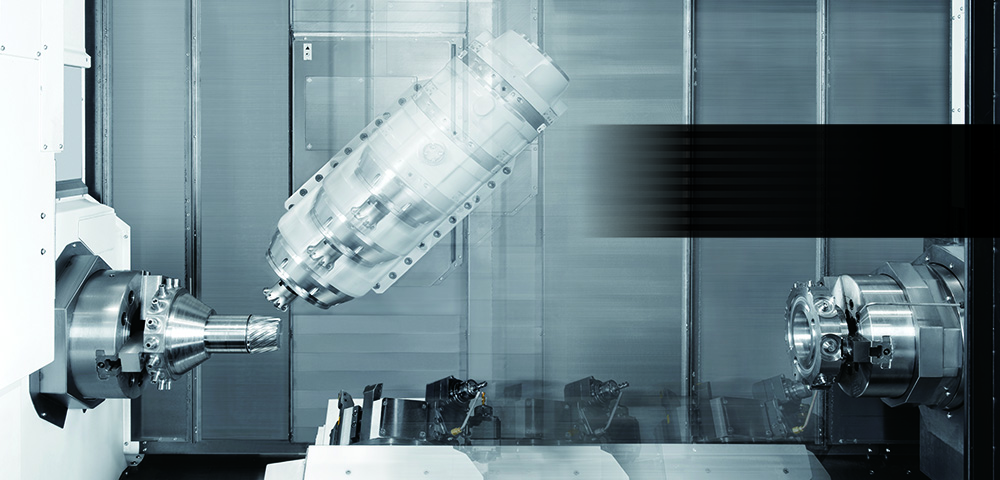
Spindle downtime costs money in more ways than one. The failure of a single machine can take down an entire cell or disable a multi-machine production process. Downtime also can lead to a pattern of missed commitments that harms supplier/customer relationships. But without the ability to analyze spindle behavior and predict approaching failures, shops can find themselves in the middle of large, deadline-sensitive jobs with out-of-commission equipment, waiting for replacement parts that could take weeks to arrive. Rather than compromise profitability, shops need a maintenance program that anticipates problems – and new digital monitoring technologies can help screen out these avoidable setbacks.
In the past, preventive maintenance strategies have relied on examining finished work for flaws, listening for odd noises while machines operate and performing manual checks with testing devices such as ballbars and drawbar force gages. These procedures only work if shop personnel schedule and perform them correctly, filing prompt reports of any problems.
Rather than patch together inspections, shops increasingly look to automated technology and artificial intelligence (AI) to monitor equipment automatically and report wear before it causes critical faults. For example, after an AI-based solution takes a baseline assessment of a spindle, the monitoring system can make continued performance assessments and report impairment before it becomes expensive to repair. Organized, automatic condition monitoring also makes it possible to plan proactive maintenance at a time other than during peak production.
Through automated spindle health assessment, specific types of performance measurement data can reveal impending failures. For example, analysis can look for vibration signatures that signal bearing failures, but unless the monitoring system can distinguish between signatures that spell damage and those that don't, it can report false positives.
Third-party monitoring systems attach sensors to specific positions on the spindle and collect data for local or remote storage. Unless these systems integrate seamlessly with machining equipment, they may be unable to detect a useful range of potential problems. Ideally, the machine tool OEM itself creates and installs the health-monitoring system as a seamless component of the equipment, including integrated sensors and a user interface that displays on the machine CNC, with remote monitoring options via wireless access.
Mazak has formulated an AI-based system that provides these options on machines equipped with the company’s MAZATROL Smooth CNCs. Developed in conjunction with the Industrial AI (IAI) Center at the University of Cincinnati, a leader in predictive analytics, the Mazak Spindle Health Monitoring System uses EDGE Computing and Data Analytics algorithms to model each machine's spindle during a 60-second test run, establishing a baseline value for comparison in subsequent tests. Operators can conduct fixed cycle tests at any time and view Health Assessment and Fault Diagnosis screens on the machine's Smooth CNC. Predictive analytics diagnose pre-failure conditions before downtime occurs.
In its current configuration, the Mazak Spindle Health Monitoring System uses two high-definition data sensors, a data acquisition unit and an industrial computer to acquire, process and store machine data. A Neural Network Self-Organizing Map (SOM), also known as artificial intelligence, compiles a growing profile of each machine, learning to assess its health through features extracted from a growing data set.
Machine tools continue to get smarter thanks to AI, providing shops with advance warning of problems before they can derail productivity and profitability. The Mazak Spindle Health Monitoring System represents ongoing development in OEM integration of smart features into high-tech machines.
